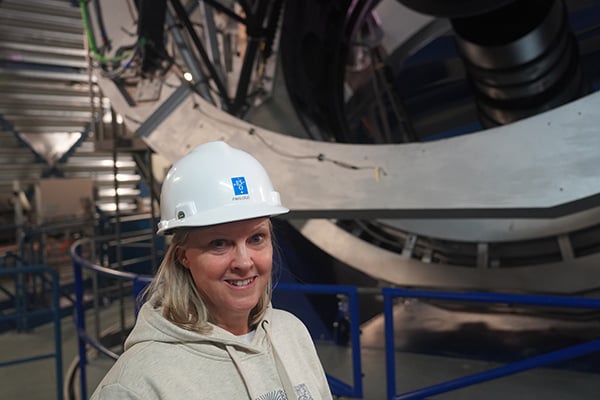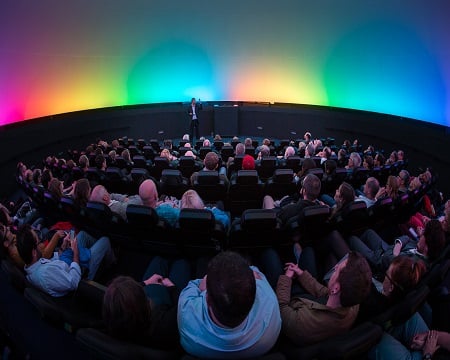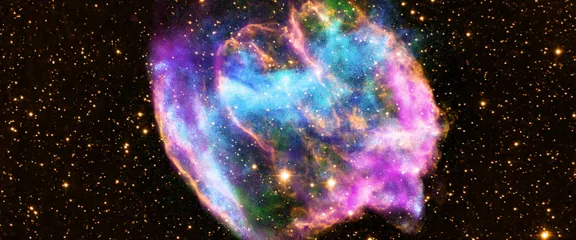Supernovae, Advanced Telescopes and the Search for Dark Energy
Prof. Isobel Hook, University of Lancaster
Over 25 years ago, two teams of astronomers discovered that the expansion of the Universe is accelerating. This discovery was based on careful measurements of exploding stars, or supernovae, and the unexpected result earned the Nobel Prize for physics in 2011. However, the cause of the accelerating expansion remains a mystery. One explanation is that the universe is being pushed apart by some mysterious "dark energy", acting against the pull of gravity.
In this talk, I will describe the work that led to the original discovery of the accelerating expansion of the Universe and the technological advances that made it possible. I will then describe the latest advances in observations of supernovae and some recent, tantalising results on the nature of dark energy. Finally, I will discuss the exciting prospects and challenges for the future as several new telescopes come into operation, including the ESA Euclid mission, the Vera C. Rubin Observatory and the future European Extremely Large Telescope, which will be the biggest optical telescope in the World.
About the Speaker

Isobel Hook is a Professor of Astrophysics at Lancaster University. She gained her PhD from the University of Cambridge and went on to postdoctoral fellowships at U.C. Berkeley and at the European Southern Observatory (ESO) in Germany. She then worked with the Gemini Observatory, while based in Edinburgh, Hawaii and Oxford. Following this, she worked on the European Extremely Large Telescope project, while based jointly in Oxford and Rome. In 2016 she moved to Lancaster to lead a new Observational Astrophyscis group there.
Her current research is focused on the use of Type Ia supernovae for cosmology. As a member of Supernova Cosmology Project (SCP), she was involved in the discovery of the accelerating expansion of the universe, and was awarded a share of the 2007 Gruber Cosmology Prize and the 2015 Breakthrough Prize in Fundamental Physics. She is now involved with the next generation of surveys with new telescopes and instruments, including the Euclid Mission, the 4MOST instrument and the Rubin Observatory.
About the David Elder Lectures
Glasgow Science Centre is proud to host the David Elder Lectures in partnership with the University of Strathclyde's Department of Physics. This lecture is open to adults and interested young adults. Please ensure you arrive at least 10 minutes before the event begins. After the start, the doors will be closed and access will not be permitted.
When is this on?
| Wednesday 22nd April | 19:00 |
This event is available as a standalone event. The tickets can be purchased below
About the Planetarium

The Planetarium at Glasgow Science Centre has been upgraded to a spectacular, state-of-the-art, fulldome digital projection system (what a mouthful!). Our shows are live presenter-led or film based to take you on a journey through the solar system, into the Milky Way Galaxy and beyond, offering a truly out-of-this-world experience. Our spectacular full dome films display 360 degrees across the 15-metre hemispherical dome of the planetarium. It really is spellbinding stuff.


